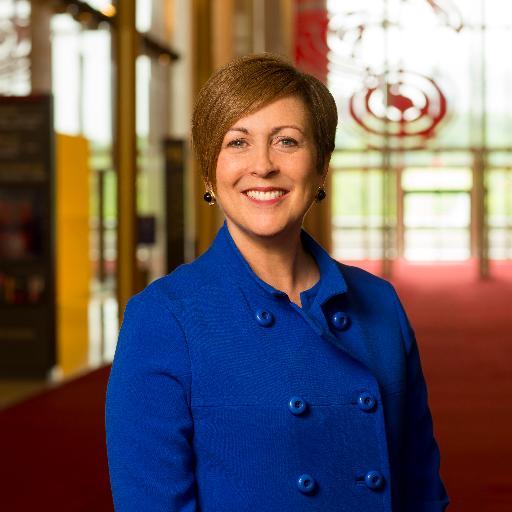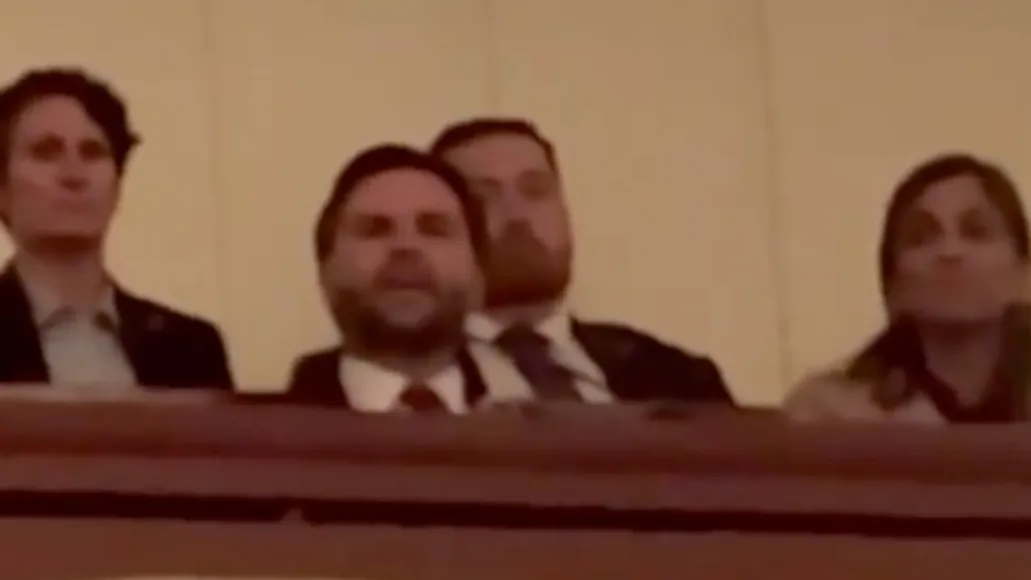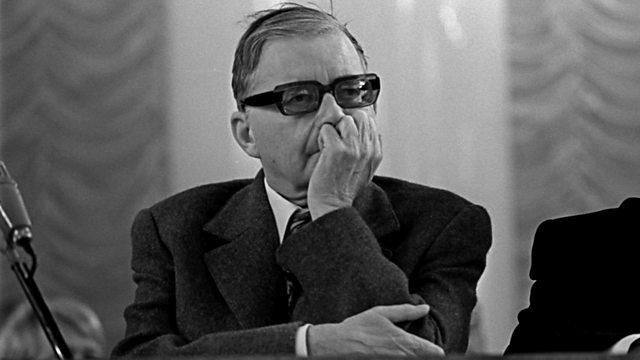She lived just long enough to see Mahler reborn
mainAlma Mahler died 50 years ago today in her New York apartment, aged 85. Her death is enshrined in a comedy number that Tom Lehrer wrote on reading her obit in the New York Times.
More to the point, she lived to see her husband’s symphonies revived by the New York Philharmonic, his former orchestra, under the leadership of Leonard Bernstein. The revival was slow, spread over six or seven seasons from 1959-60, but it marked the beginning of the rise of Mahler as the central composer of the second half of the 20th century.

images: Lebrecht Music&Arts





Comments